For several decades, Russia’s “demographic crisis” has been a key driver of state policy towards women. From 1992 to 2012, and again since 2016, the country’s death rate has exceeded its birth rate.
In response, the government began Maternity Capital, a scheme providing women with one-time payments for having children, in 2007. The lump sum women are entitled to currently stands at 466,617 rubles (€4,682) for a first child and 616,617 rubles (€6,188) for a second, and while some Duma deputies have suggested that only women who have their first child before 30 — or only those who have multiple children, as was the case before 2020 — be eligible for the scheme, there’ no suggestion that Russian politicians are turning their backs on natalism.
Russian politicians have, in fact, been making increasingly radical pro-natalist and often anti-feminist statements over the past year. Health Minister Mikhail Murashko has condemned “women’s vicious desire to prioritise their careers over having children”, while some members of the State Duma have even discouraged women from pursuing higher education. Women’s rights have also come under attack, with private clinics no longer permitted to perform abortions in several Russian regions, and legislation being considered to institute a similar ban at the federal level.
Who are the key proponents of pro-natalism in Russia and what policy ideas have they suggested in the past year?
Orthodox priest Fyodor Lukyanov: abortions should require the husband’s consent
In January, Fyodor Lukyanov, the chairman of the Patriarchal Commission on Family Matters, Protection of Motherhood and Childhood, proposed to the State Duma’s Committee on Family, Women and Children that abortions should require the consent of the pregnant woman’s husband.
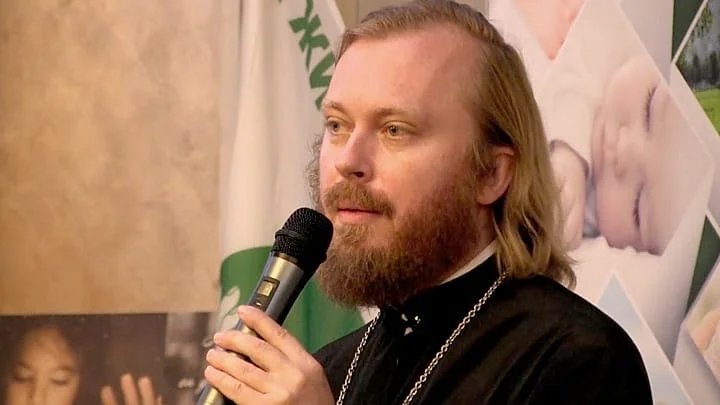
Fyodor Lukyanov / Instagram
Lukyanov didn’t specify what unmarried pregnant women should do.
He also called for “mandatory psychological counselling” and an ultrasound “demonstrating the foetus’s heartbeat” before an abortion could be performed.
Lukyanov isn’t just a clergyman. He is also a member of the governmental council on guardianship in the social sphere. In May, he suggested a review of all Russian laws to ensure they promoted “sovereignty”, “familial and demographic advisability” and “morality”.
Deputy Veronika Vlasova: the time window for legal abortions should be reduced
In October, Veronika Vlasova, a State Duma deputy and member of the Committee on Public Health, proposed reducing the period of legal abortion from the first 12 weeks of pregnancy to the first eight weeks.
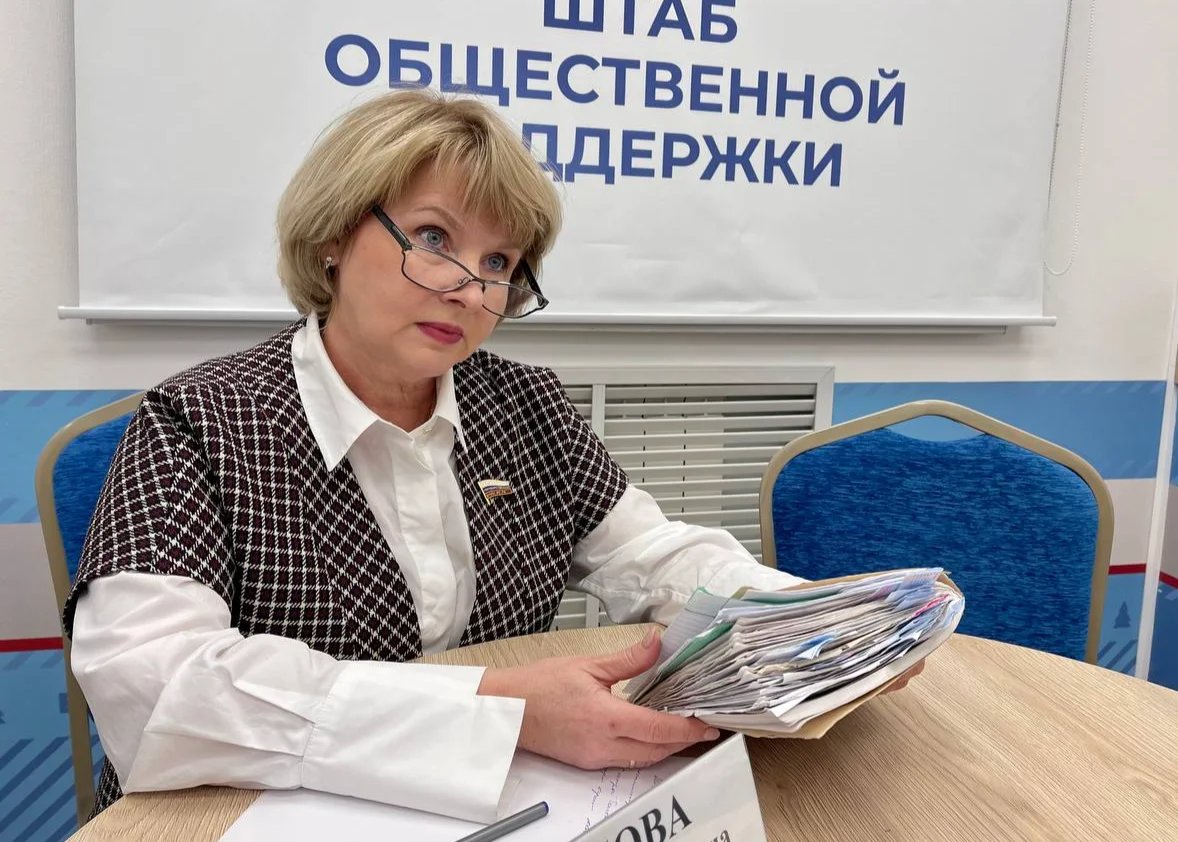
Veronika Vlasova / Telegram
She also echoed Lukyanov’s idea about the consent of husbands. For women under 18 seeking an abortion, Vlasova suggested that the state should require parental approval.
Senator Margarita Pavlova: young women should rethink their values
Margarita Pavlova, a senator in the upper house of the Russian parliament, told an interviewer for the pro-Kremlin Tsargrad TV channel that young women should prioritise starting a family over their education.
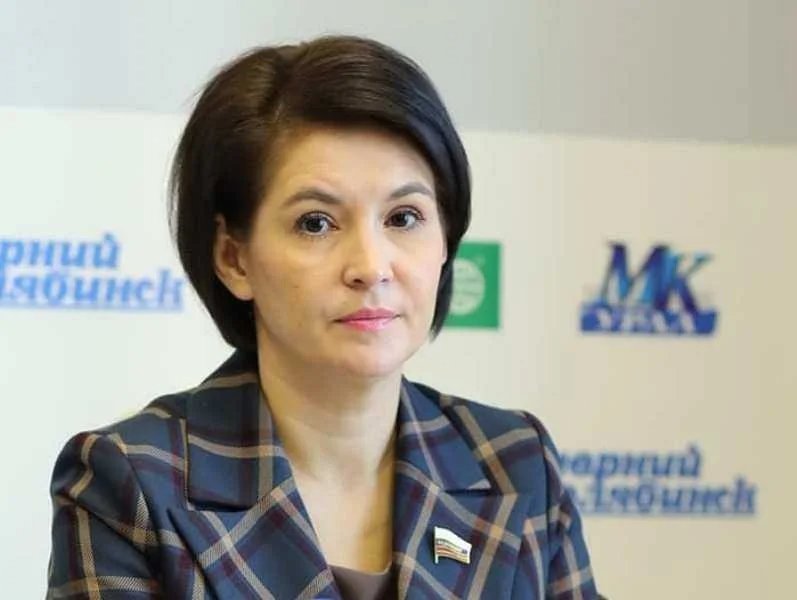
Margarita Pavlova / VK
“We need to revise our value system,” Pavlova said. “We have to stop getting so many young women into higher education, which ends up leading nowhere.” She added that many educated women end up “working in a different area” from the one they studied, and that the “search for meaning goes on for many years” while they “miss out on the chance to have children”.
Professor Maria Vedunova: women should stop “abandoning the family”
Maria Vedunova, a professor at Nizhny Novgorod’s Lobachevsky University also believes that “humanity made a huge mistake when it gave women the opportunity to receive an education”. She voiced this opinion in a September interview on the YouTube channel of Russian actor and propagandist Vyacheslav Manucharov.
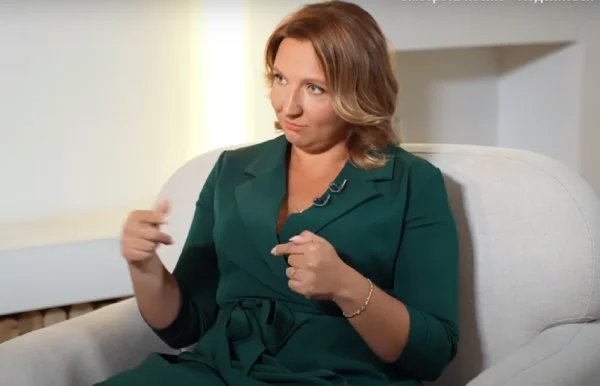
Maria Vedunova / video screenshot
“Women used to have no right to vote and were completely dependent on men. And all of a suddenly it turns out she might be no less intelligent than a man, and yet she retains all the rights she had when she was completely dependent on a man. Of course she wants equality. A woman’s right to education makes her successful”, she said, adding that education ultimately “takes [women] away from the family” by “bringing new perspectives and new opportunities” and forcing women to “multitask”.
Deputy Valery Seleznyov: prisoners should be freed if they promise to have children
In November, Valery Seleznyov, a deputy from the ultranationalist Liberal Democratic Party of Russia (LDPR) proposed releasing prisoners who agreed to give birth.
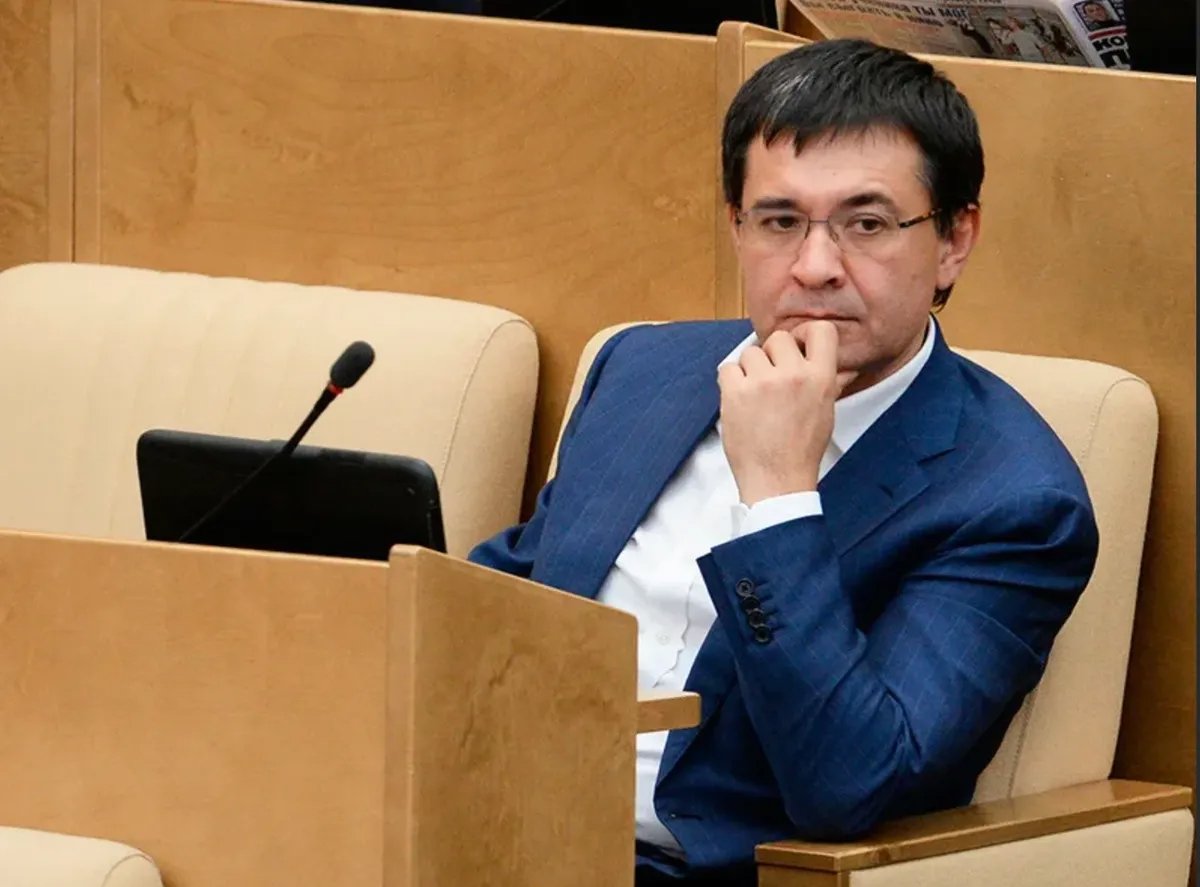
Valery Seleznyov / LDPR
Under his plan, the state would offer female prisoners a “deal” suspending their sentences, and if the formerly-incarcerated woman gave birth during the specified time frame, she would not be required to complete the remainder of her term.
Deputy Yevgeny Fyodorov: childless people should be taxed more highly
Yevgeny Fyodorov, State Duma deputy and member of the Committee on Budget and Taxes, proposed a ‘childlessness’ tax.
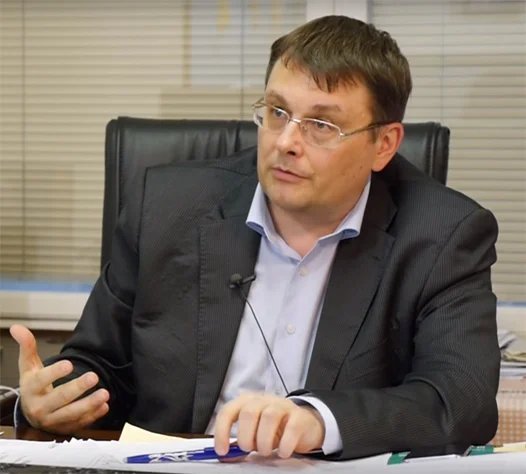
Yevgeny Fyodorov / Wikimedia Commons
“We have to encourage procreation, including through the child benefit program. If there isn’t enough money for this project, we need to levy a tax,” he said.
Fyodorov, a member of Russia’s ruling United Russia party, is known for his incendiary statements. Last year, he called Armenia a “dead-end country”, and in 2012, he said Russia had become a ”colony of the United States” after the collapse of the USSR.
Join us in rebuilding Novaya Gazeta Europe
The Russian government has banned independent media. We were forced to leave our country in order to keep doing our job, telling our readers about what is going on Russia, Ukraine and Europe.
We will continue fighting against warfare and dictatorship. We believe that freedom of speech is the most efficient antidote against tyranny. Support us financially to help us fight for peace and freedom.
By clicking the Support button, you agree to the processing of your personal data.
To cancel a regular donation, please write to [email protected]

